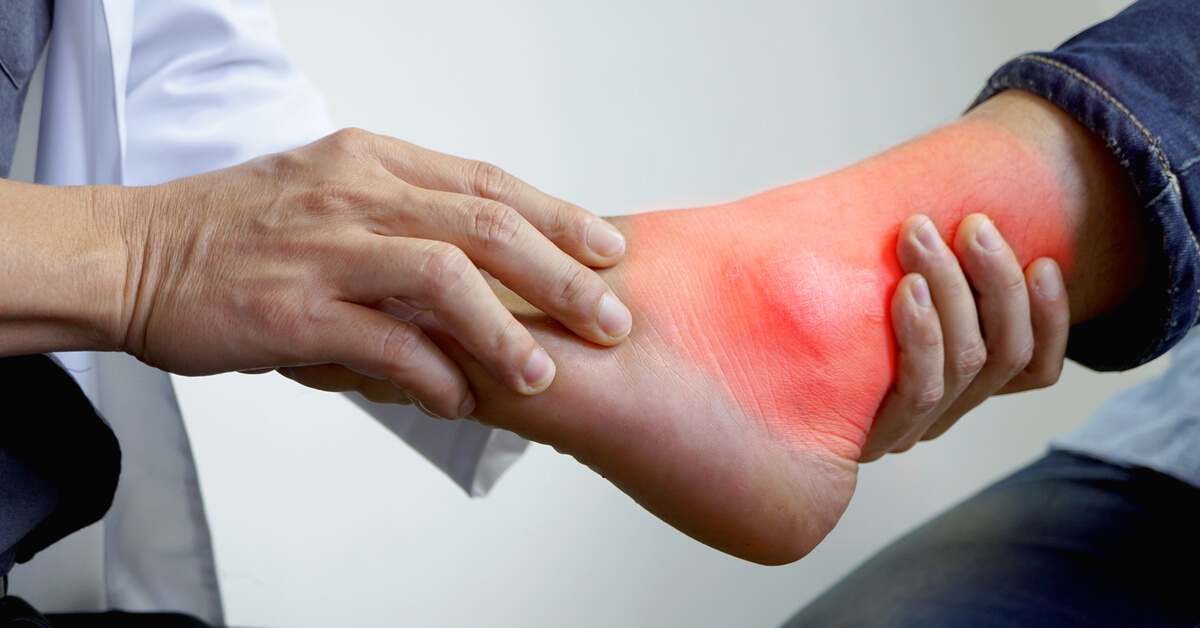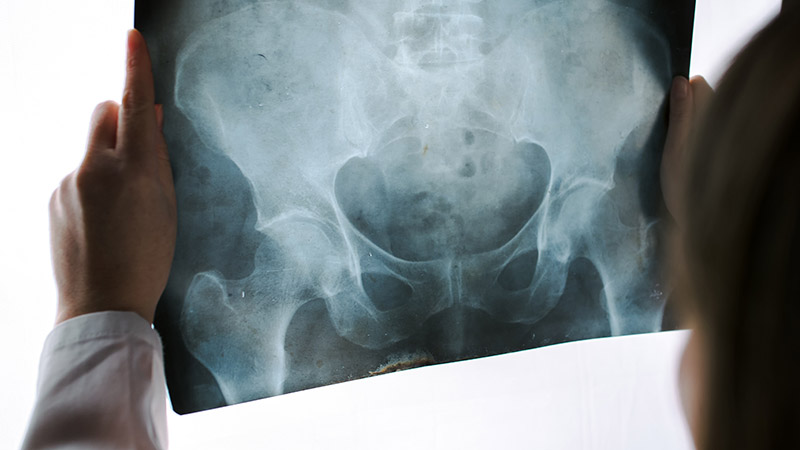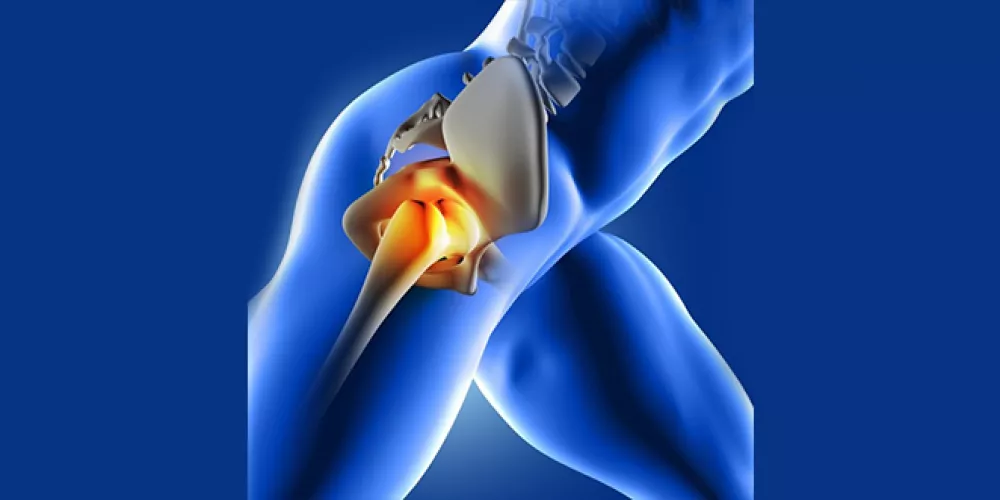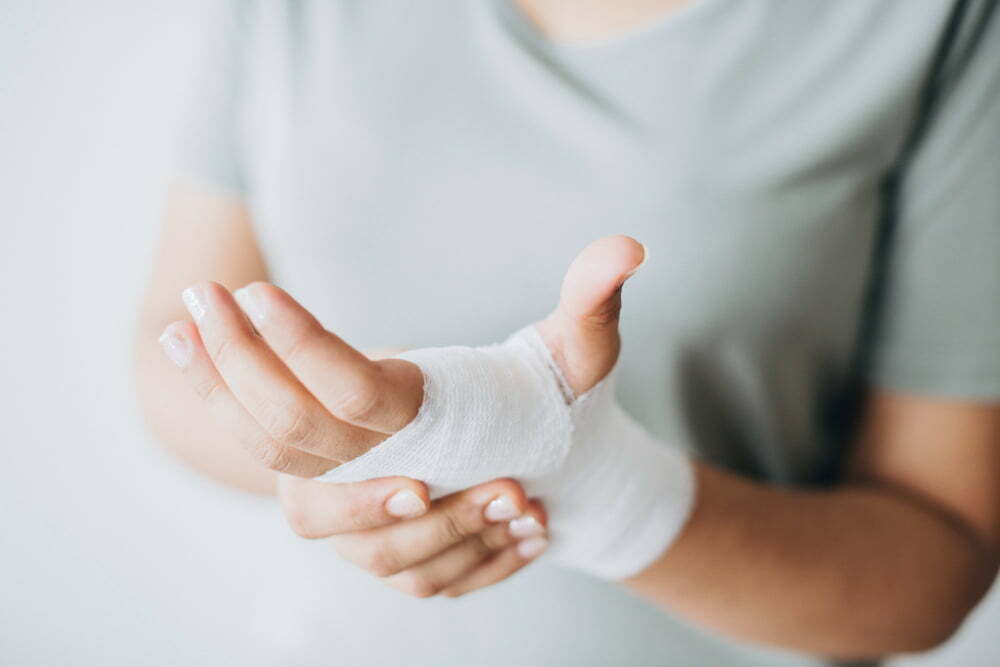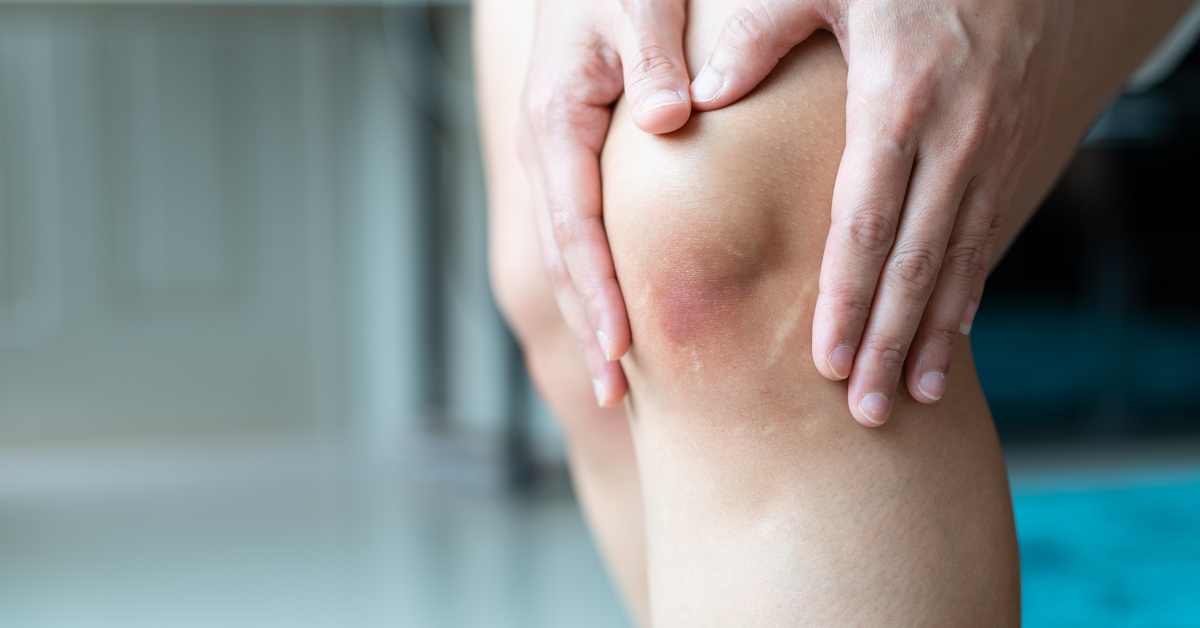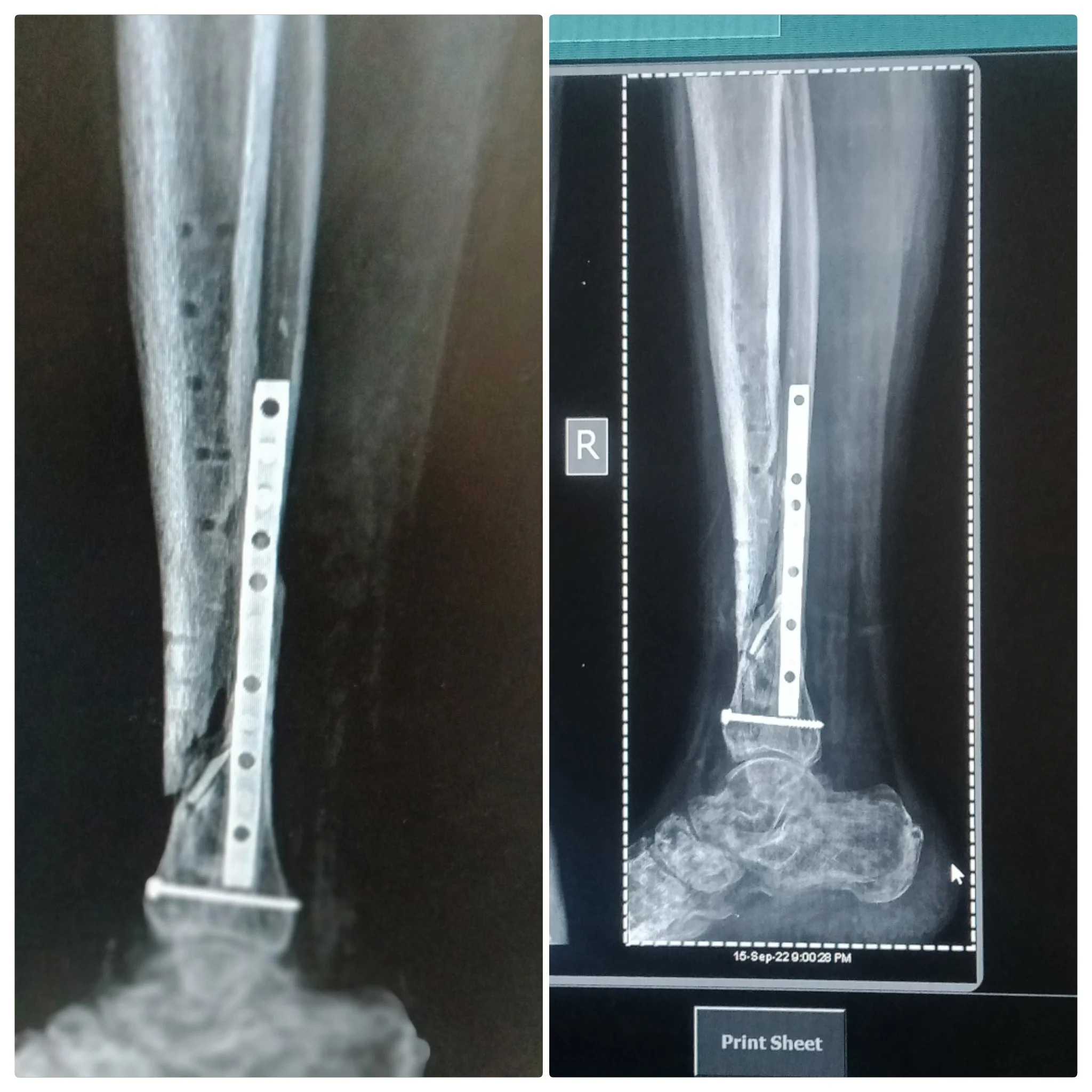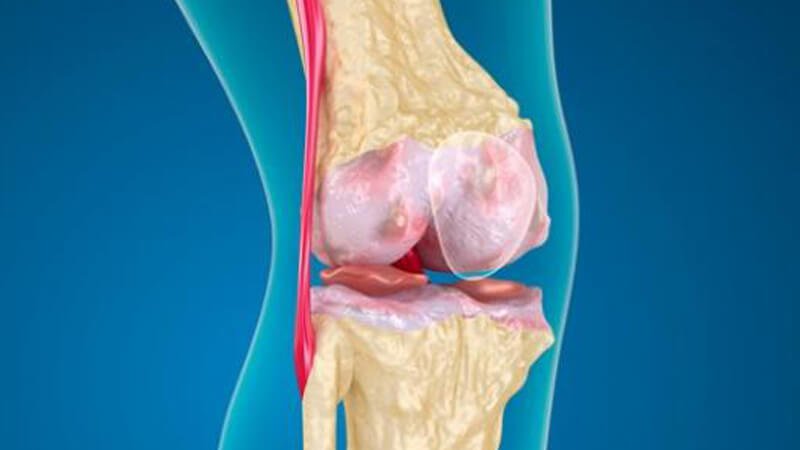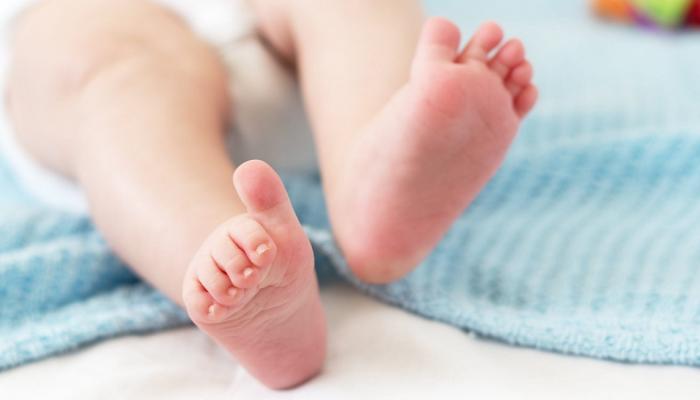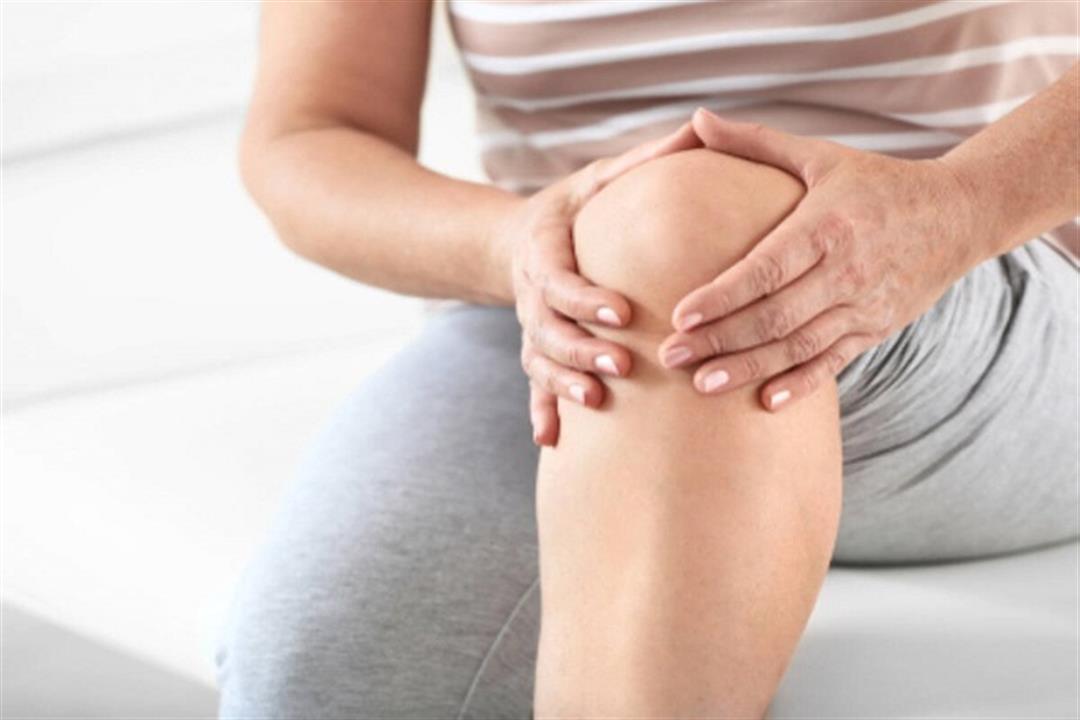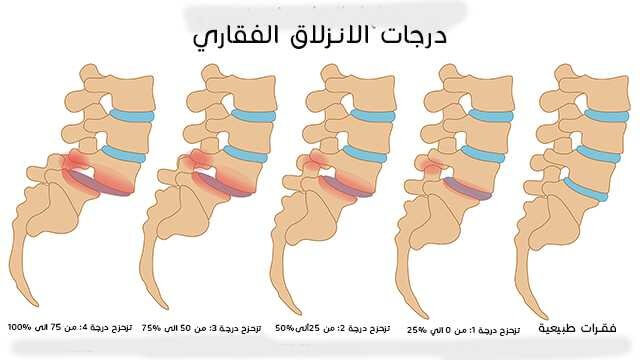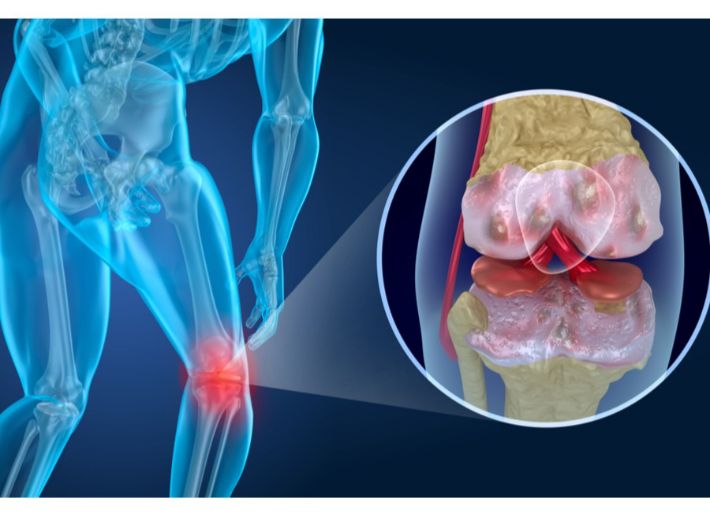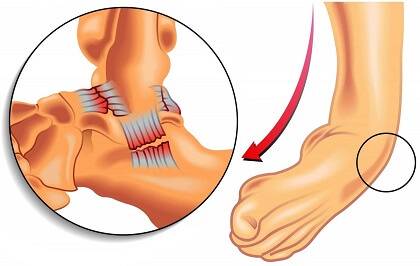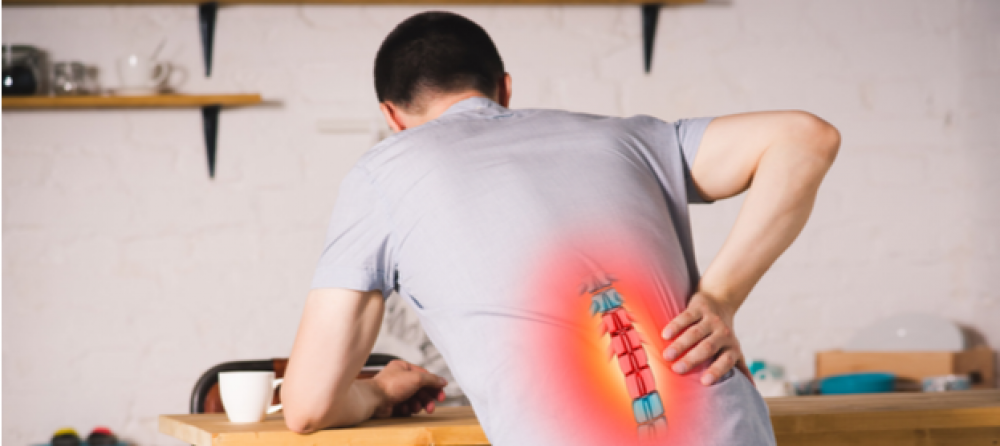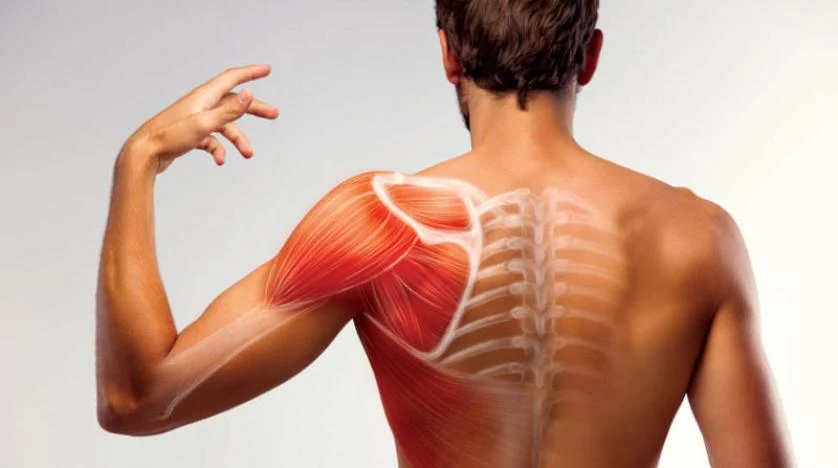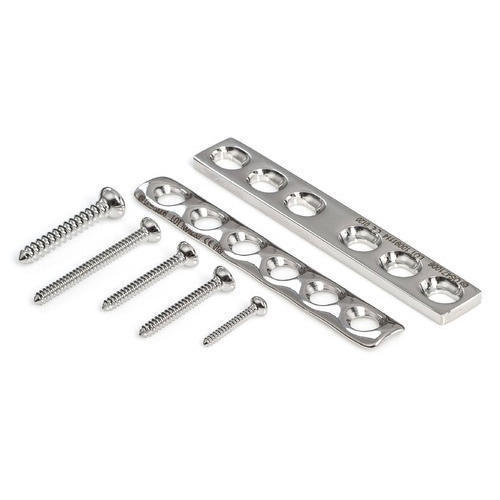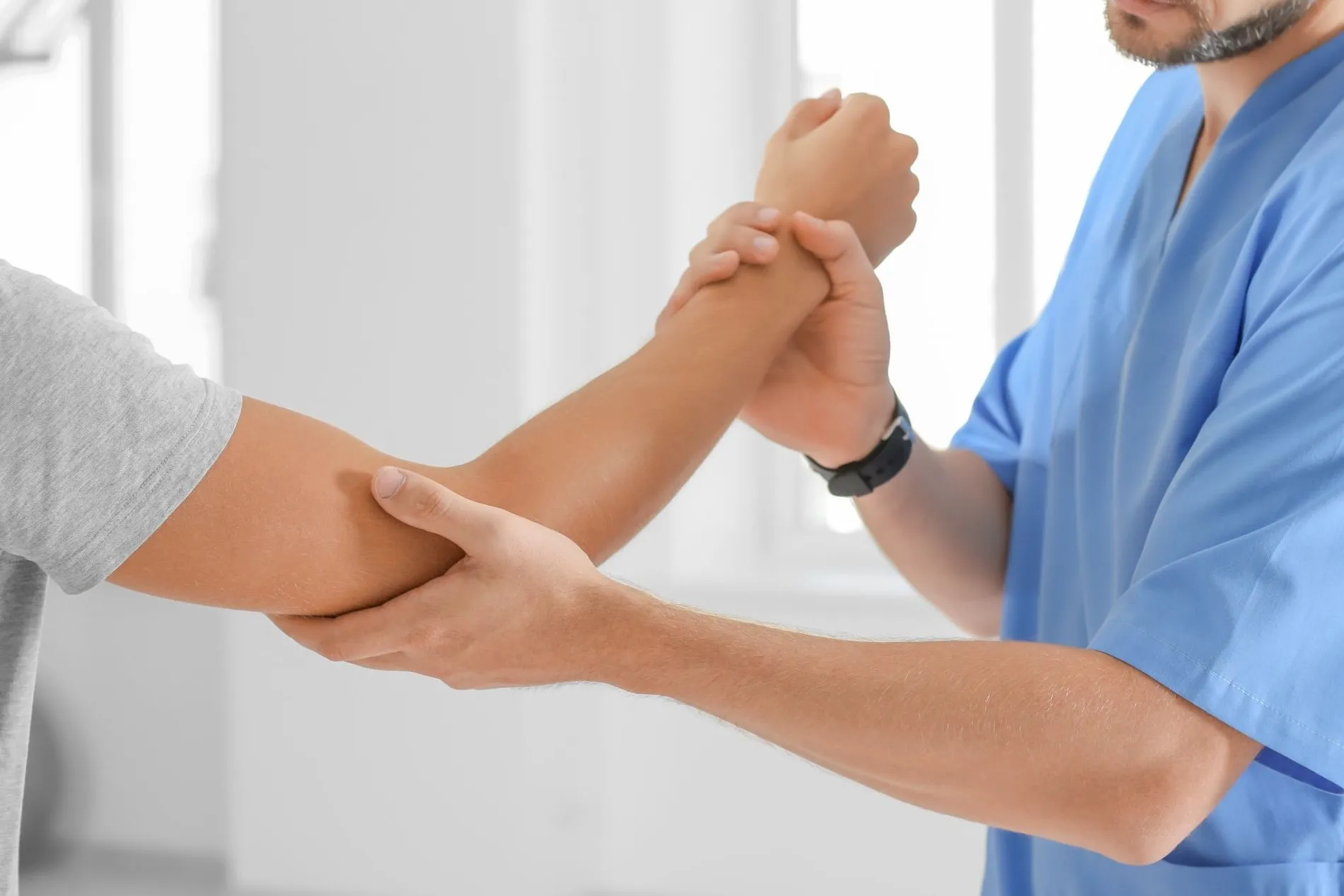What you don’t know about Knee effusion
Knee effusion has another name, which is knee water, and it is a collection of fluids around the knee joint, which hinders its movement well. In the following article, we will learn about the most important reasons that lead to this, the symptoms that appear on the individual, and how to treat them, let us read the following.
Knee leakage
The knee is the main organ that works to maintain the balance of the rest of the body parts and connects many parts, but there may be some health factors that may affect it negatively and lead to the occurrence of many problems in it, and excessive increase, for example, may cause severe pressure on the knee area, which causes the phenomenon of knee filtration or knee water.
This disease occurs as a result of inflammation of the membranes that line the knee joint, which is called the synovial membrane, this causes an increase in the amount of synovial fluid that is secreted, which leads to its accumulation and confinement in the knee area, causing severe pain for many individuals, as the function of this fluid is mainly to make the knee movement soft and reduce friction, in addition to that it works to transfer food to the knee area and absorb shocks.
What is Knee effusion?
Knee leakage occurs as a result of the accumulation of many fluids in the knee area and this has many causes, some of which are satisfactory and others are due to other factors, as the body works as a result of some injuries, the body works to increase the secretion of fluids to surround the knee and protect it from any harm that may befall it, but these fluids increase pressure on the knee area, which causes severe pain, and among the symptoms that appear on the symptoms when a cold knee infection:
- The appearance of swelling in the knee area may extend until it reaches the leg.
- A sensation of heat emanating from the knee area.
- Redness in the area of the skin that surrounds the knee.
- Loss of control of the knee and inability to move it well.
- Inability to put pressure on the knee or bear body weight on it.
Causes of knee filter
Many causes lead to a runny nose in the knee, for example:
Being injured
Some injuries may lead to the accumulation of water in the knee area, such as:
- A rupture of the ligaments.
- Bone fractures.
- A ruptured meniscus.
- Excessive pressure on the knee area and vigorous exercise may also lead to this.
Diseases
There are many diseases whose symptoms include the accumulation of water in the knee area, for example:
- Rheumatoid arthritis as a result of the immune system attacking healthy tissues in the human body.
- Gout, which is the result of the accumulation of large amounts of uric acid in the joint, which causes a lot of inflammation.
- Osteoarthritis occurs as a result of erosion in the joint, which is associated with advancing age.
- Tumors incidence.
Knee effusion treatment
The treatment of knee effusion may be simple and does not require complicated means if the matter is not associated with any diseases, as the treatment may be limited to taking an ample amount of rest and being careful to raise the affected leg from the rest of the body level and wearing knee braces to limit its movement, and it is preferable to avoid pressure on the knee Knee joint completely and not to do any activity that requires high physical effort.
Herbal knee remedy
- Ginger: It plays a major role in relieving joint pain and symptoms that are associated with some other diseases, and applying ginger oil directly to the area of injury plays a very important role in reducing swelling and inflammation in the area.
- Cinnamon: It can be used in many ways, whether it is added to warm water and honey and drunk on an empty stomach, or if a mixture of cinnamon and honey is applied to the affected area to reduce inflammation.
- Flaxseed: It can be eaten intact in its natural state or by grinding it and adding it to many foods, and flaxseed oil can be used as a direct application on the affected area.
- Turmeric: Salt can be added to it and used as a lubricant on the affected area, or it can be added to food with milk, as it is very effective in all ways in reducing inflammation.
- Parsley: Continuing to drink boiled parsley daily works to alleviate the pain that is associated with a leaky knee.
- Fennel: It is boiled and drunk daily on an empty stomach.
- Marmaris: Continuing to drink it will play a major role in reducing the excess fluids that are present in the patient’s body.
- Watercress: Its results are effective in relieving inflammation and reducing pain if it is squeezed and a cup is drunk daily up to 3 times.

